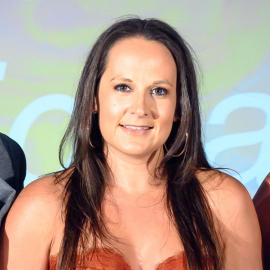Soft Skills Every Great SEO Needs to Succeed
What You’ll Learn
If you’ve ever thought SEO is just about keywords and backlinks, think again. In this episode, Mads Singers highlights the often-overlooked side of SEO: soft skills. These are the skills that make people want to work with you, follow your lead, and avoid miscommunication disasters.
You’ll discover why emotional intelligence is key for managing teams and clients, how building real relationships boosts retention, and why communication might be the most important SEO skill you didn’t realize you needed.
SEO isn’t just about ranking; it's about relationships, communication, and balancing technical expertise with human interaction. Plus, multitasking? It’s overrated. Mads shows you how to focus and actually drive results.




